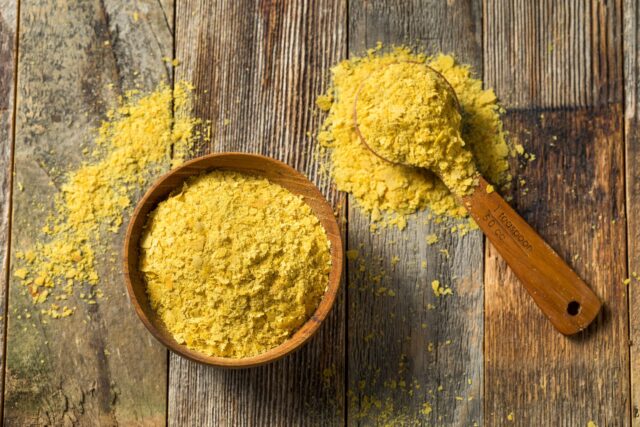
Plant-based eating has become a trend today. And, nutritional yeast fits at the center of this growing trend. It is also known by the names, like nooch, savory yeast, brufax, or yeshi. It is yellow in color and comes in granules, flakes, or powdered form.
Commonly used as a substitute to cheese by the vegetarians, nutritional yeast adds a cheesy flavor to food. People love sprinkling yeast onto popcorn, pasta, or soup. But, do the yeast flakes are true in terms of health benefits it purports to offer?
Well, you are not the only one if you have questions about eating yeast. Here, we’ll tell you eight amazing health benefits of this cheesy stuff:
1. Packed With Proteins

Most of the plant protein sources are incomplete proteins, i.e., they don’t contain all the nine essential amino acids like the plant proteins. However, according to buyorganicsonline.com.au, the organic nutritional yeast contains 10 grams of proteins per serving.
Thus, it is one of the best eatables that qualify as a complete protein food. Not only will it make you feel satisfied, but it will also help you maintain a healthy muscle tone.
2. A Rich Source Of Vitamin B12
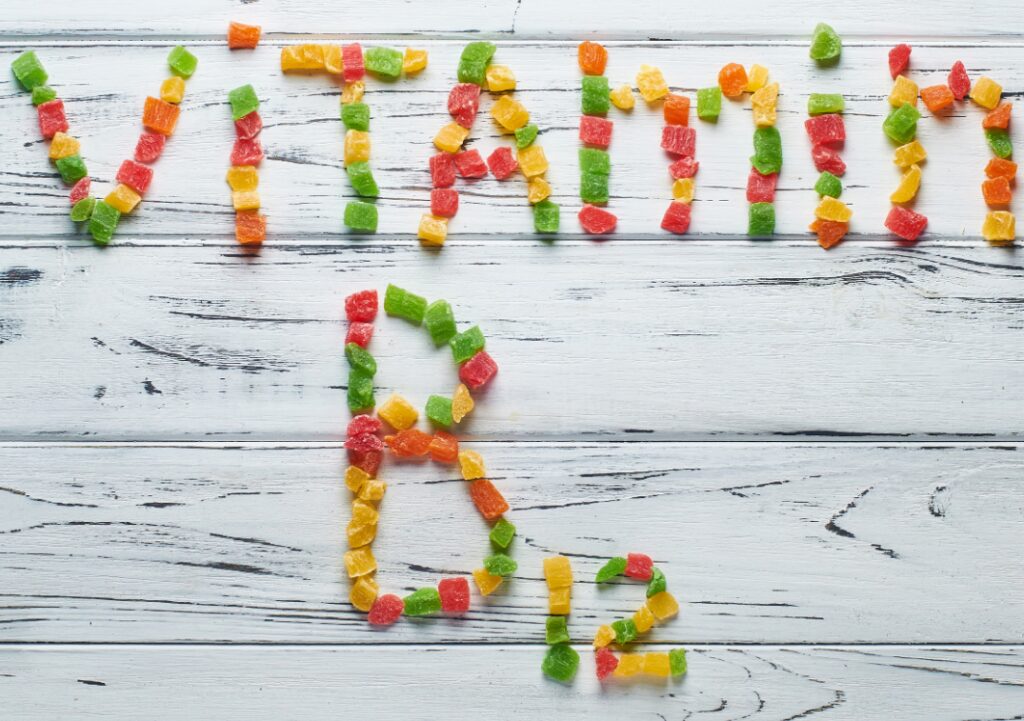
Vitamin B12 plays a crucial role in producing red blood cells and maintaining the health of the nervous system. As animal products like eggs, fish, meat, etc. are the typical sources of B12, vegetarians often fall short. This is where nutritional yeast comes in! Just one serving every few days can help vegetarians meet their dietary needs.
Unfortified nutritional yeast is a plant-based vitamin B12 source that can satisfy the body’s daily needs with just 1/4th cup. Sprinkling this nutty powder on popcorn or other snacks provide a good amount of B12 to the body. The concentration of vitamin B12 in nutritional yeast may vary from brand to brand, though.
3. Improves Glucose Sensitivity
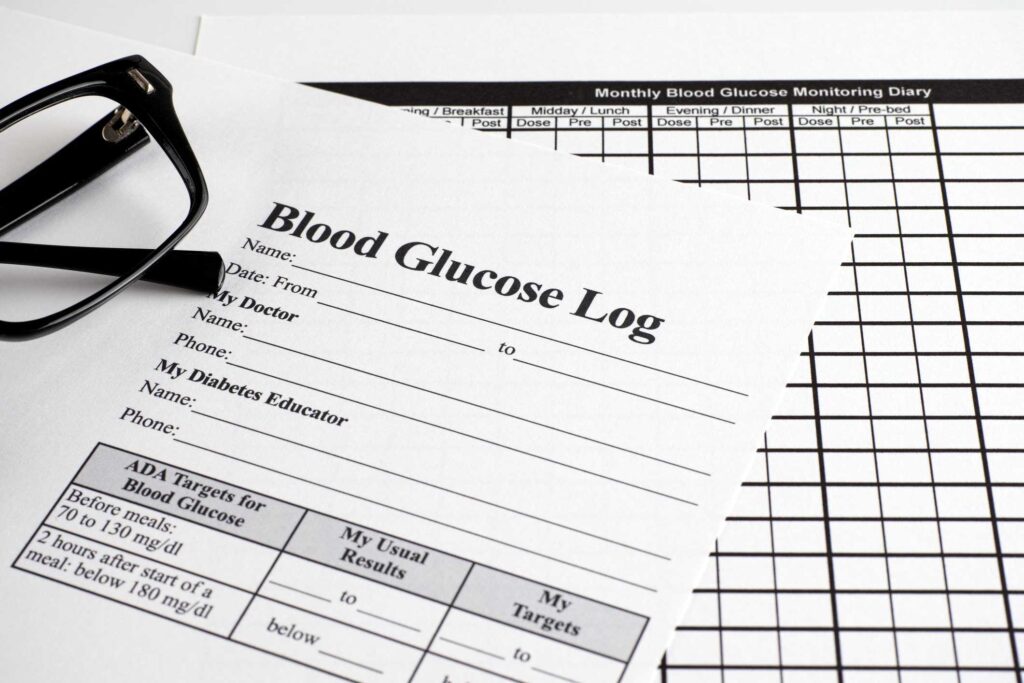
As nutritional yeast is a low-glycemic food, it helps regulate blood sugar levels. In other words, it improves glucose sensitivity in type 2 diabetes patients. It means better energy levels, sleep, fewer cravings, and low risk of metabolic diseases.
4. Rich In Antioxidants
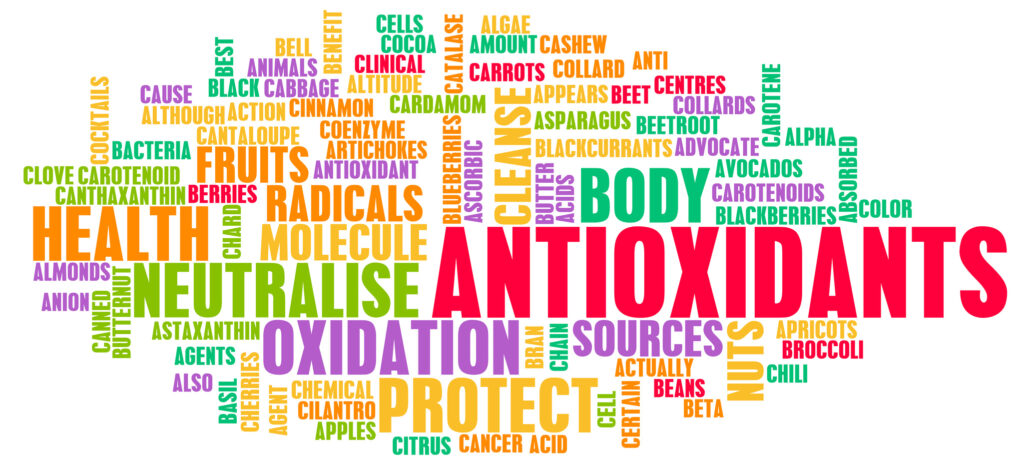
Nutritional yeast is high in antioxidants concentration, especially glutathione. Glutathione is important for protecting the cells against damage or eliminating toxins from the body. As you age, the production of antioxidants in your body declines. Thus, it is important to have enough glutathione in your system.
5. Supports Healthy Pregnancy

According to the United States Preventive Services, women who are planning pregnancy should take 400 to 800 mcg Folic Acid daily to keep the congenital abnormalities at bay and support the fetus’s growth.
Nutritional yeast with folic acid can be a helpful supplement for pregnant women. However, some brands of yeast may contain more than a standard serving of folic acid. Before you use it as a supplement, make sure to consult the doctor.
6. Supports Immune System

The strain of yeast in nutritional yeast is S. Cerevisiae. It supports the immune system and helps reduce inflammation caused by a bacterial infection. It can also prove to be helpful in treating diarrhea.
Nutritional yeast also helps combat hair loss and brittle nails. Further, it is effective at reducing acne and improving other skin problems.
7. Features Antibacterial and Antiviral Properties
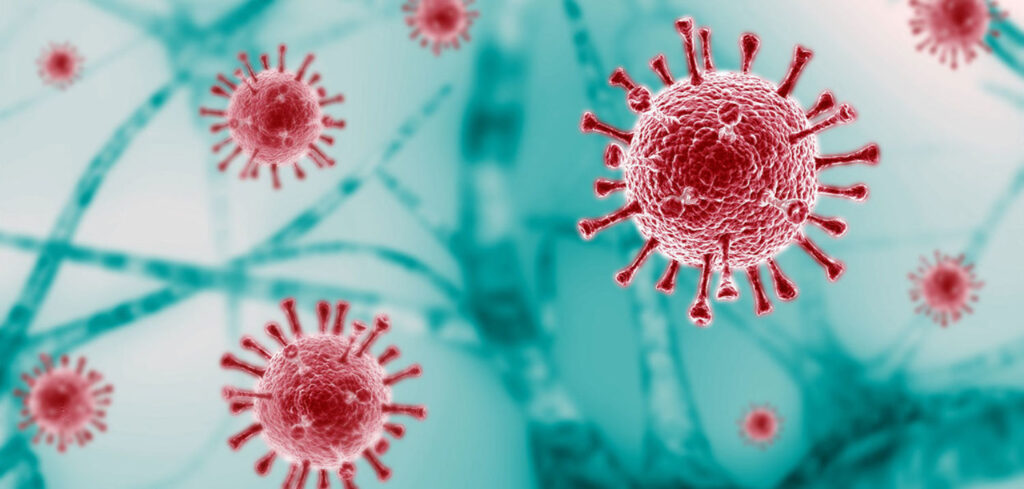
Due to its amazing antibacterial and antiviral properties, nutritional yeast is one of the most prescribed herbal mono-preparations. Since it has been associated with Candida albicans strain, it is proved to be a great remedy for chronic candida symptoms, a type of yeast infection.
8. Nutritional Yeast Helps Improve Digestion
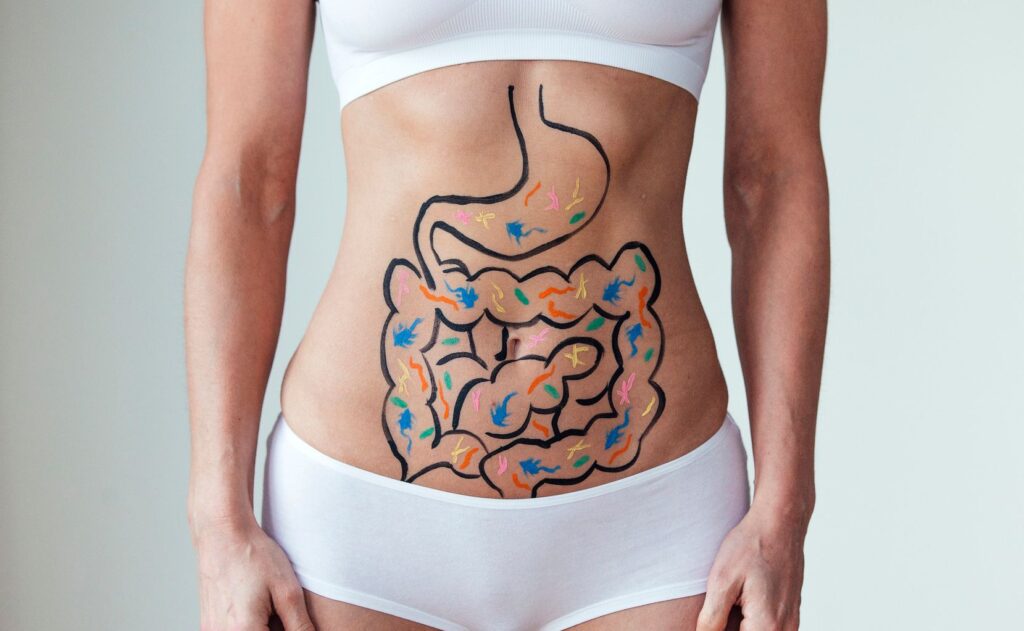
Nutritional yeast is a good medicinal choice for diarrhea and appetite loss. It contains probiotics that have positive effects on diarrhoeal patients. Further, it doesn’t contain any dairy products, thus it is quite helpful for those having lactose intolerance.
Also, it has been known to improve indigestion in patients with sucrase-isomaltase deficiencies who consume sucrose.
What Are The Nutrition Facts Of Yeast?
Though nutritional yeast can’t replace whole food, it provides the body with essential vitamins, especially to the vegans, who are often concerned about getting Vitamin B in the diet. Each serving contains a high amount of vitamins, minerals, proteins, and is low in calories.
Nutritional yeast contains the following nutrients:
- Proteins
- Carbohydrates
- Dietary fiber
- Thiamine
- Vitamin B6
- Vitamin B12
- Riboflavin
- Magnesium
- Copper
- Manganese
- Iron
- Zinc
- Folate
What Is The Best Way To Use Nutritional Yeast?

Wondering how to use and where to buy nutritional yeast? You can easily find this super ingredient in grocery stores, as well as online retailers. However, it is best to look for an organic variety. It contains carefully sourced yeast products with the best nutritional value.
Nutritional yeast flakes are the most common variety among the vegans, adding taste, nutrition, and flavor without calories or fat. If you are lactose intolerant, you can use it in various snacks or meals, like pasta, popcorn, etc. It also tastes delicious in mashed potatoes, tofu, and scrambled eggs.
Besides, you can also use it to make tasty nutritional yeast sauce free of fats, calories, or lactose found in regular cheese. Some of the best ways to use nutritional yeast in food are:
In Pasta or Any Rice Dish
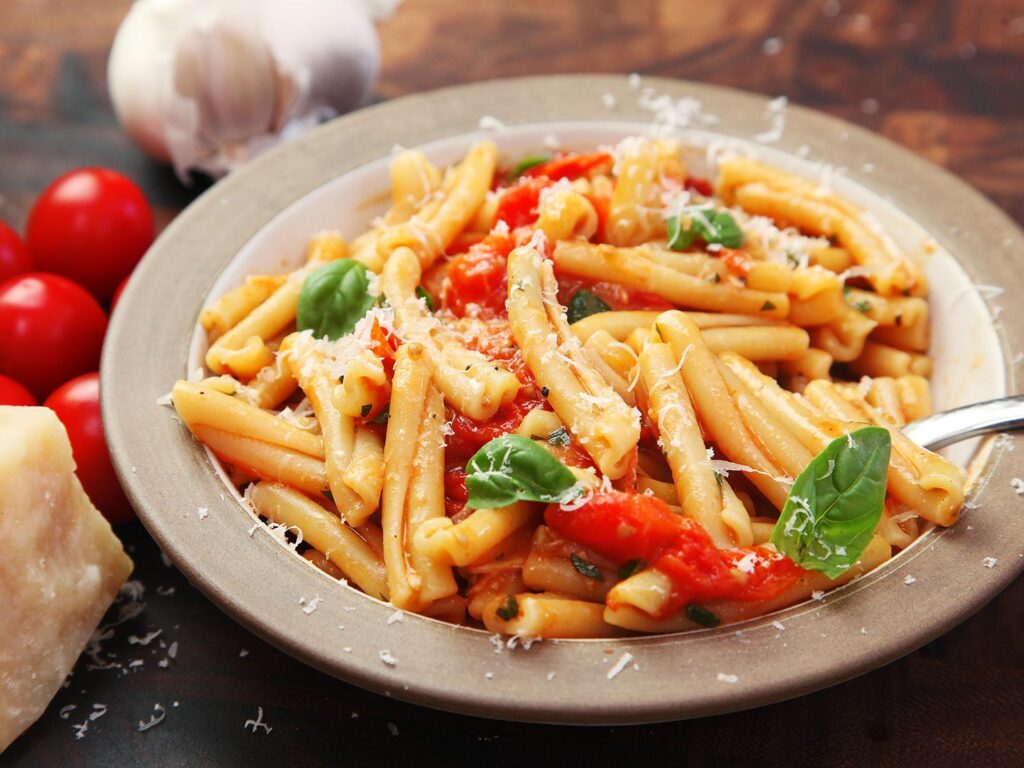
One of the most popular ways of using nutritional yeast is mixing it with rice or pasta dishes. But, there is an exception. Tomato sauce seems to overpower it, so you may not like the flavor. It goes well with actual tomatoes, though!
With Scrambled Tofu
If you want a protein-rich breakfast, you’ll love this. Scrambled tofu, tomatoes, potatoes mixed with nutritional yeast makes a healthy breakfast. Tofu has high calcium content and is a great match for nutritional yeast.
With Carrots, Peas, and Corm
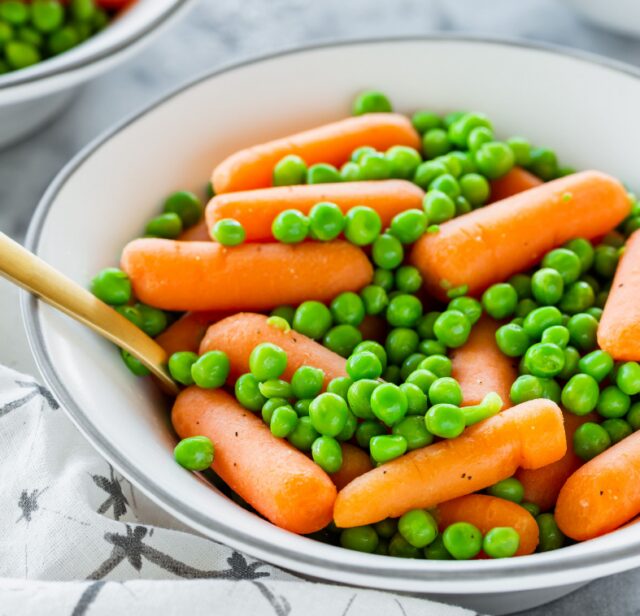
Another simple yet delicious dish you’ll love! You can use this recipe for lunch. Mix nutritional yeast with cooked carrots, peas, corn, or other veggies. It will provide your body with extra calcium kick.
On Salads
Another option is to sprinkle nutritional yeast on the top of the salad. However, you’ll be able to enjoy the real taste only if you make the salad powdery with nutritional yeast. Thus, this recipe is for a condiment once in a while.
Rice Cakes or Bread
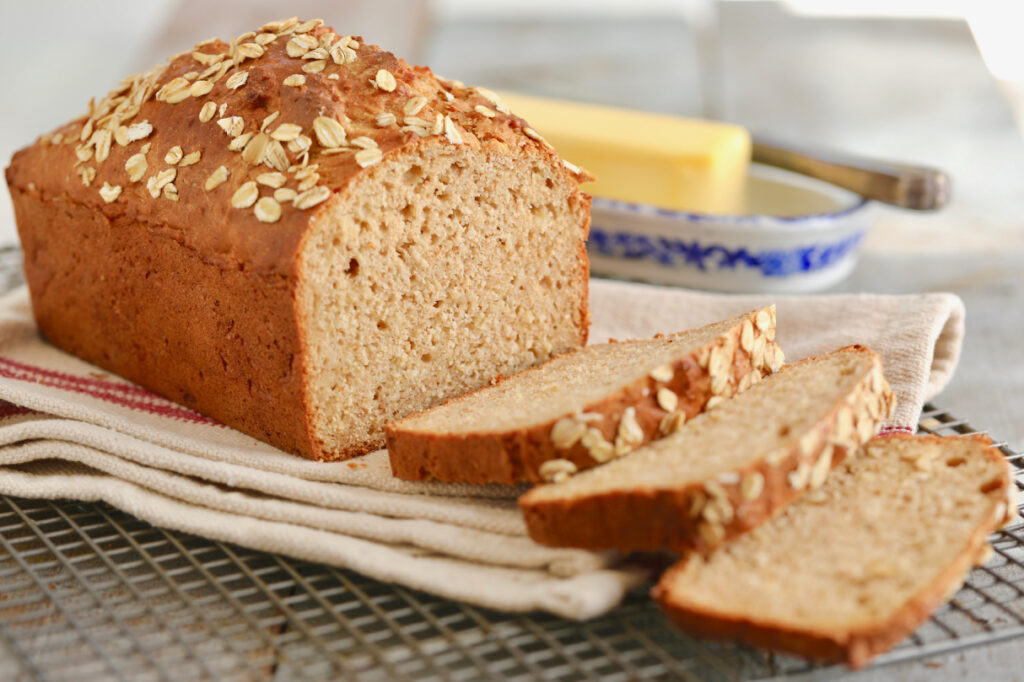
Sprinkle nutritional yeast on the top of olive oil as a part of the toast or sandwich. You can do the same thing on rice cakes when you are in a mood to enjoy them. You’ll like these options with some tomato or lettuce on the top.
Wild Rice Soup
If you are looking for a healthy, low-calorie diet, wild rice soup with a good amount of plant-based proteins is an amazing alternative. Cook the wild rice separately. Simmer the vegetables until tender. Puree half of it, and stir in the cooked rice in the end. Season the soup with salt, pepper, and sprinkle nutritional yeast.
You can whisk a handful of nutritional yeast in any of your favorite soups to get a creamier and thicker texture.
Mash into Baked Potatoes
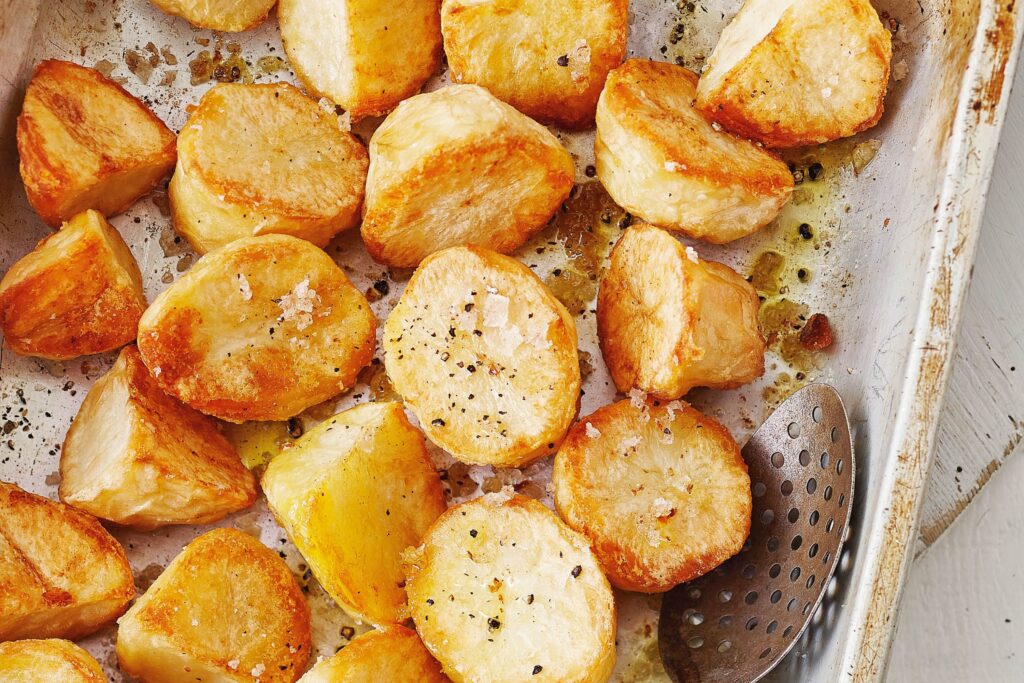
You can load the spud with butter or sour cream. Or, you can slather it with roasted garlic paste and nutritional yeast. Then, drizzle some fruity olive juice over it. Zucchini, beet, and sweet potato chips will also taste better with nutritional yeast.
Cheesy, Creamy Sauce
Blend nutritional yeast with mustard powder, onion powder, cashew nut, and vegetable broth to thin the mixture to the desired consistency. You can add vegan cheese or grilled cheese to your taste.
Does Nutritional Yeast Have Any Downsides?
Though nutritional yeast is considered safe to consume, it isn’t suitable for everyone. While it is a healthy addition to a plant-based diet, it isn’t any magic pill. Anyone having irritable bowel syndrome, glaucoma, or hypertension should avoid nutritional yeast.
As nutritional yeast contains fiber, it can also cause acidity and bloating in sensitive people. Moreover, if anyone is sensitive or allergic to yeast, it is necessary to use this cheesy seasoning carefully. Further, it is better to consult a doctor first.
Even if you are healthy, it is essential to use nutritional yeast in moderation. Typically, one or two tablespoons a day are enough. It requires a large amount of nutritional yeast to exceed the acceptable upper intake levels. But, specifics vary from one brand to the other. So, make sure to read the labels.
Those having trouble with metabolizing folic acid should also read the labels, and may want to opt for unfortified nutritional yeast variety.
Know the difference between seasoning sautéed green vegetables with nutritional yeast and using it with refined grains, which would be less healthy.
Wrapping Up
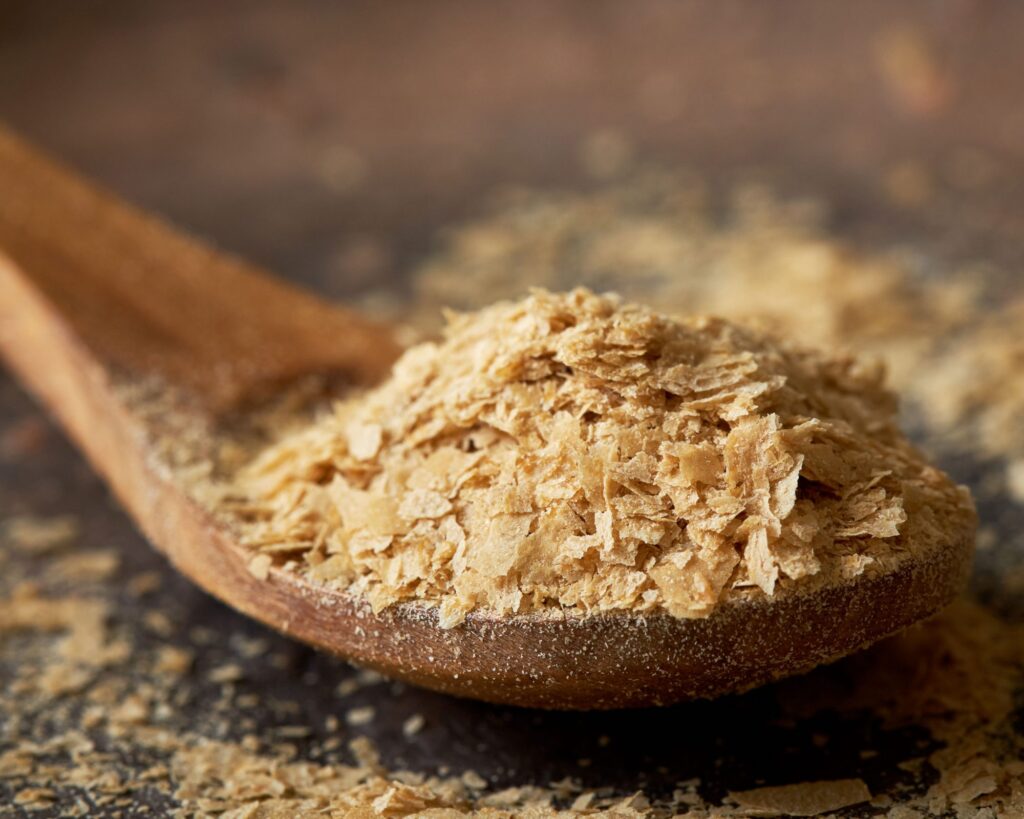
Nutritional yeast is a nutritious vegan food with nutty, cheesy, and savory flavor. It is packed with essential vitamins, minerals, and proteins that offer a bounty of health benefits, especially to the vegans. Mix it in mashed potato, pasta, or sprinkle it on popcorn. Its cheesy flavor makes it a great addition to almost every dish.
If you want to give it a try, look for organic options that promise the best nutritional value with carefully sourced yeast.







